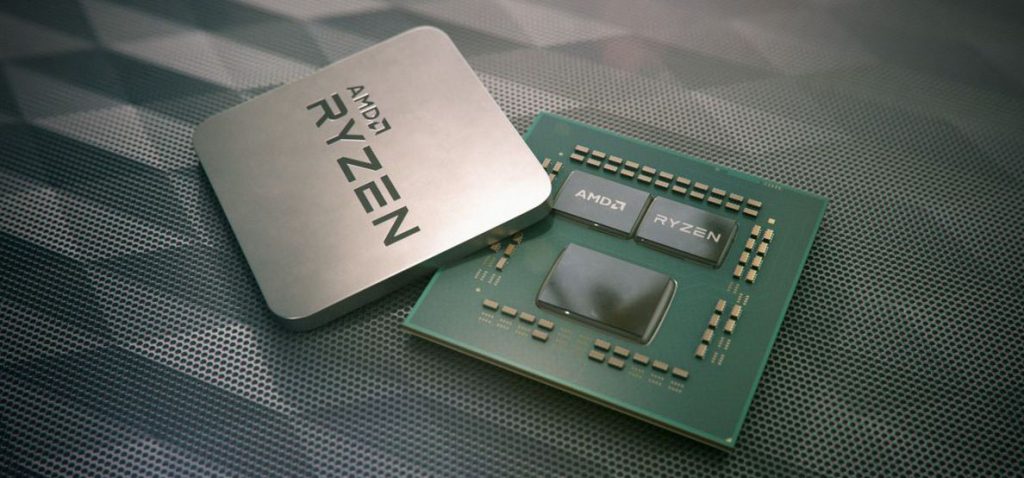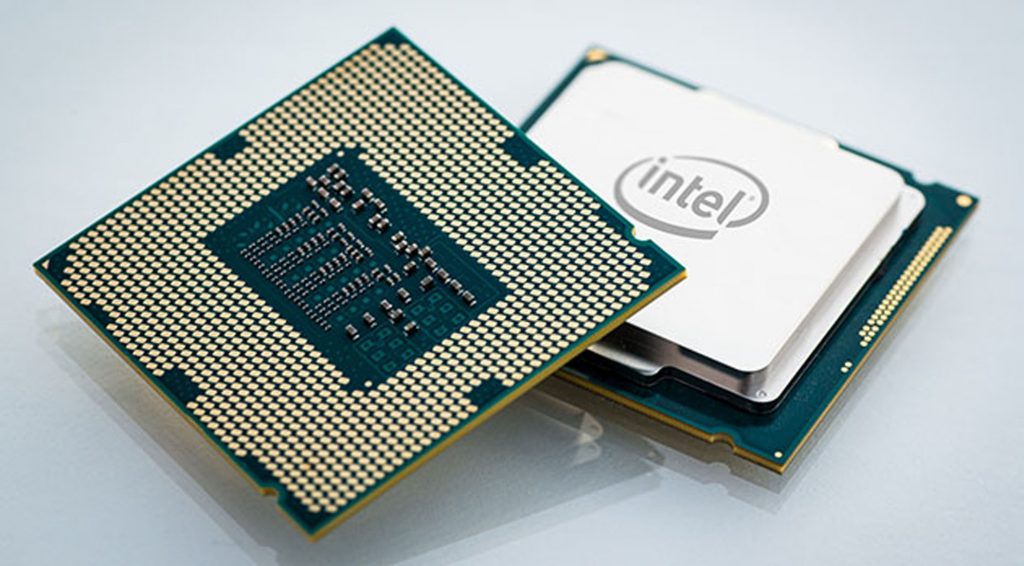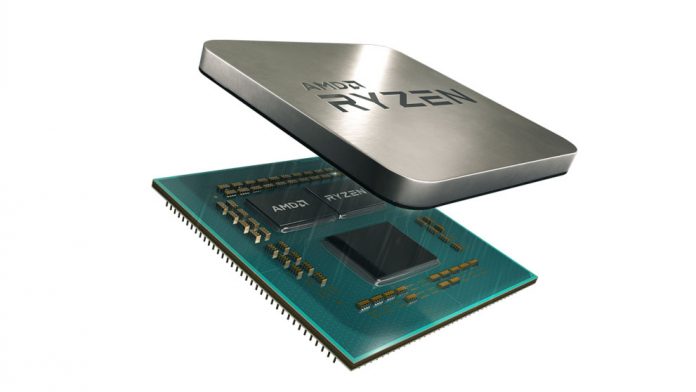Best TVs for Gaming in 2025: TVs for PS5, Xbox Series...
Whether you're playing fast-paced FPS titles, exploring massive open worlds, or enjoying split-screen co-op with friends, having one of the best gaming TVs can...
In the processor market, there are two major rivals, Intel and AMD. Intel has always dominated the debate in terms of market share. Until today!
As far as processors are concerned, there are two main families: Intel processors and those manufactured by AMD. These two giants in the industry have always, or almost always, fought a fierce battle to win the market. And for most of their lives, Intel has always, or almost always, been in the lead. But things are changing today, as AMD steals the crown from its competitor.

For years and years, Intel and AMD have been competing in the CPU market, and in all that time, AMD has never really been able to match Intel in terms of market share. Having said that, in recent years the situation has changed. AMD Ryzen CPUs have become increasingly popular, thanks in part to their better price/performance ratio than Intel chips. And this is now being felt in market share.
This popularity is now such that, according to PassMark, publisher of the benchmark software of the same name, for the first time since 2006, AMD has overtaken Intel in terms of CPU market share. The graphs on its site show a very interesting trend. From 2006 until about 2018, the gap between AMD and Intel was very large, but since then, AMD has been constantly bridging this gap.
Intel still largely dominates the scene for laptops and servers, but the progress is still extremely impressive for AMD. The last few years have not been kind to Intel. The foundry was forced to sell its modem unit to Apple. Not to mention the fact that Apple has distanced itself from the American giant by designing its own CPUs. And at the latest news, other companies, including Microsoft, are preparing something similar.

This in no way means that Intel is dead and buried, far from it, but the brand will have to react, and quickly, if it wants to keep its place, or at least stay in the race, in the CPU market.


